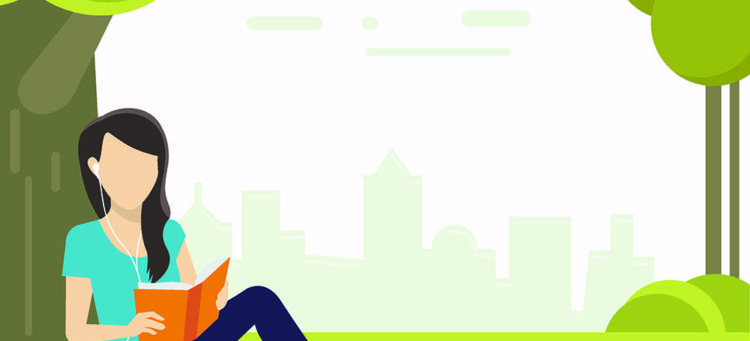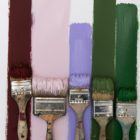
Truly Deeply Madly
Taking The Day Off
January, 2017
With so much of our daily lives spent trying to please others, we sometimes forget to give ourselves a little break. And though even the thought of taking the entire day off is an indulgence that many can’t imagine, setting aside just 20 minutes for yourself can reduce your stress and recharge your energy levels for the day. Ready to get started? Here are some ways to carve out more “me-time.”
Plan Ahead
Most of us already schedule time for important events like meetings, kids’ soccer practices or visits to the dentist’s office. But there’s nothing that says you can’t schedule me-time into your day planner, too. So set aside a block of time every day to devote to yourself. You don’t even have to do anything during this time. Ditch your phone, forget your obligations and let yourself unwind for a few minutes. If at all possible, turn it into a daily ritual. You may soon find yourself looking forward to these one-person appointments.
Wake Up Early
This might sound like a non-starter for some, but getting up a few minutes earlier than usual is an excellent way to make time for yourself. At the very least, rising early means you don’t have to run around in the morning like you’re on fire. You’ll have more time to eat a healthy breakfast or exercise or read a magazine. Doing something you enjoy, rather than lying in bed hitting the snooze button repeatedly, will help you start your day on a less stressful note.
Go for a Walk
When your routine gets a little too frantic, try grabbing your walking shoes and hitting the streets or a nearby park. A daily solo stroll benefits both mind and body. It helps you strengthen your bones and organs, reduces the risk of conditions like heart disease and high blood pressure and aids in maintaining a healthy weight. Getting away from work and obligations will also help clear your head and brighten your mood. Walking is a relatively low-cost activity, too. With the right clothes and preparation, it can generally be done at any time of day and in any season.
Get Creative
Creative endeavours are a great excuse to spend more time with yourself. The list of activities that could be considered creative is virtually endless, too, which means there’s something for everyone. Journal writing, sketching, crocheting, gardening and woodcarving are just a handful of examples. If it involves getting absorbed in something that doesn’t feel like work, it’s probably good for you. It can also be rewarding to take up something you’ve never tried before. So check out what evening classes are available in your area to see if something appeals to you.
Take a Nap
Nodding off might be the ultimate way to remove yourself from the affairs of the world, at least for a short time. Napping has all sorts of benefits, such as improved mood, alertness and creativity. The trick to good napping is to not overdo it. The proper nap length may vary from person to person. But as a guideline, the National Sleep Foundation in the United States recommends short naps of 10 to 30 minutes. Going over might cause grogginess or even interfere with your regular sleep habits. t8n
Fun Fact
The practice of taking an early afternoon nap is built into a number of cultures around the world. Known as a siesta in Spanish-speaking countries, these naps are most common in areas that feature large lunches and high midday temperatures.
Did You Know?
A 2014 poll in the UK revealed that the average British mother gets just 17 minutes per day to herself. Work, children and an uneven split of the household chores were cited as the main time-eaters.













